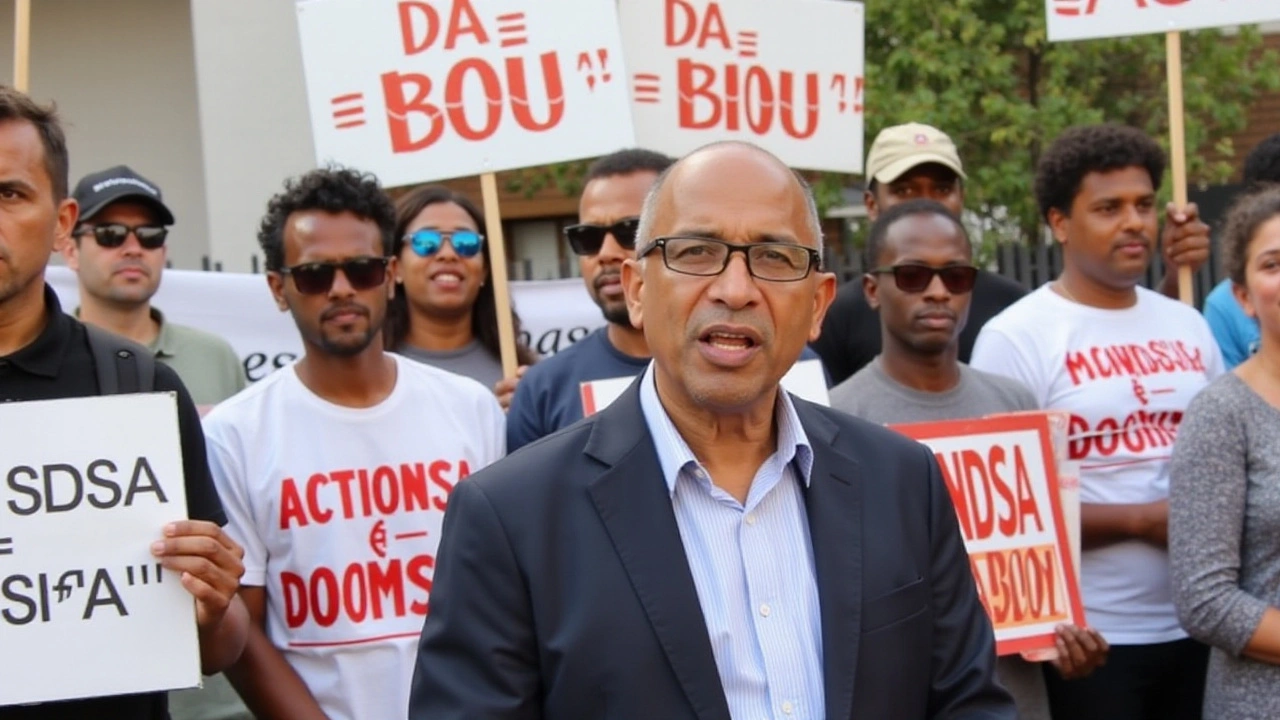No-Confidence Vote: What It Means and Why You Should Care
Ever wonder how a government can lose its power without an election? That’s where a no-confidence vote steps in. It's a political tool used mainly in parliamentary systems to show that the current government no longer has the support of the majority. When this vote happens, it can lead to a government reshuffle or even snap elections.
At its core, a no-confidence vote is simple: members of parliament raise a motion expressing that they don’t trust the current government to lead. If the majority agrees, the government must either resign or call for new elections. This process keeps leaders in check and ensures they have the backing they need to govern effectively.
How Does a No-Confidence Vote Usually Play Out?
Not every no-confidence vote ends a government, but it always shakes things up. Sometimes governments survive by winning the vote, showing they still have enough support. Other times, the vote passes, forcing politicians to scramble and rebuild or step down.
Think of it like a confidence check at your workplace, but for politicians. If your boss lost the team’s trust, you’d expect some changes, right? It’s the same idea here but on a much bigger scale, affecting millions.
Why Should You Pay Attention to No-Confidence Votes?
No-confidence votes aren’t just political drama; they affect everyday life. When governments change suddenly, policies might shift quickly, impacting jobs, the economy, and social programs. For example, imagine if recent news showed politicians losing trust over spending or health policies – that could trigger such votes.
Plus, understanding this process helps you make sense of the news and political debates. It tells you when governments are unstable and what might come next. So next time you hear about a no-confidence vote, you’ll know why it’s a big deal.
Whether you're a casual news reader or someone interested in politics, knowing how no-confidence votes work makes following government actions clearer and less confusing. It’s a key piece in the puzzle of how democracy actually functions day-to-day.
Political Upheaval in Tshwane: Mayor Cilliers Brink Ousted Amid Rising Discontent
In a turbulent political shift, Cilliers Brink, Tshwane’s mayor, has been ousted through a dramatic motion of no confidence championed by the ANC and supported by parties including the EFF and ActionSA. Brink was accused of neglecting townships in favor of affluent suburbs, leading to fierce criticism from opponents holding him accountable for severe local issues.

